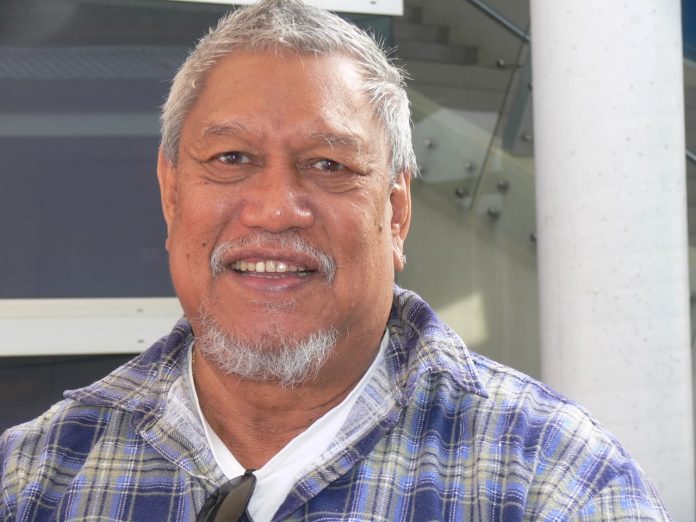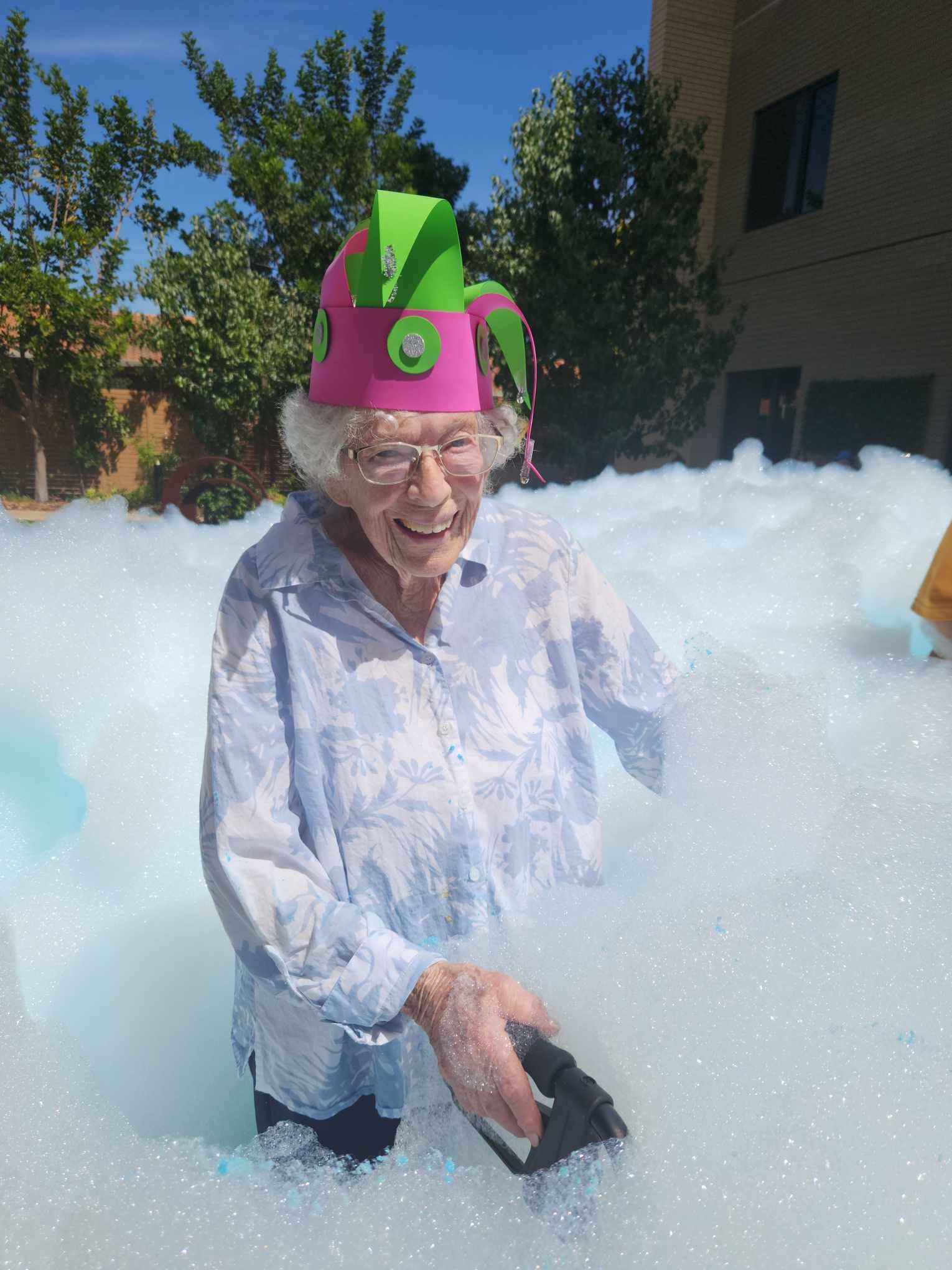Dr Michael Adams, (generally known as Uncle Mick) was honoured with a National Local Men’s Health Hero Award as part of Men’s Health Week 2020. The award recognises individuals making a substantial difference to improve the lives of men and boys.
Uncle is a term of respect in indigenous society. Uncle Mick has been persuading men, especially indigenous men, to talk about their health issues for more than 30 years.
As a Senior Research Fellow at ECU’s Australian Indigenous HealthInfoNet, Uncle Mick’s research has focused on health challenges for Aboriginal and Torres Strait Islander men and the goal to get them talking about those problems.
But it wasn’t always like that.
Uncle Mick was the third child of a family of 13 descended from the Yadhiagana/Wuthuri people of Cape York on his father’s side and the Gurindji people of Central Western Northern Territory on his mother’s.
He was brought up at the Parap camp near Darwin, a former army base with Nissen huts. The family made a living with earnings mainly from card games, supplemented by bush tucker.
Uncle Mick wagged much of school and became a house painter, growing up as an angry young man, getting into fisticuffs at the drop of a hat and drinking much more than was good for him.
Life changed radically when he enrolled in the Aboriginal Task Force at the South Australian Institute of Technology in 1976, the result of an interview with Professor MaryAnne Bin-Sallik in the stairwell of the old Darwin Post Office.
From there he progressed with tenacity and the support of his partner to a degree in social work, a Master’s at Curtin University and eventually a PhD at the University Queensland in 2008.
When told by a doctor he could drink, but only moderately, he said he could not do anything moderately and gave up the grog completely, aided by his need to be a health role model for indigenous men.
“I now spend most of my time at meetings involved with Aboriginal health locally and nationally. I’m also on Cerebral Palsy and Cancer WA committees. But my main interest for the past 35 years has been the health of Aboriginal men in the Pilbara, Kimberley, Northern Territory and Queensland,” he told Have a Go News.
“There have been some improvements in that time. Men are now more likely to talk to each other about their health and women are taking an interest without being too pushy.
“Men’s health is now on the agenda. They realise the importance of being healthy. Prostate and bowel cancer are two of the main issues. I lost a brother and a nephew to bowel cancer,” he said.
“For my PhD I studied sexual health and erectile disfunction in men. These are also problems in white Australian men. I listened to stories of survival and frustration following treatment. Survival depends on the patient more than the doctor. It is important to never give up.”
He said Aboriginals are marginalised and that leads to disadvantage. The amount of money spent on white illnesses compared to the little spent on Aboriginal health creates ill feeling and depression.
“Men often rebel, others isolate themselves, they can’t cope. If Aboriginals are treated fairly there is much less likelihood of antisocial behaviour.”
His current research is looking at how COVID; has affected Aboriginal communities; how they reacted and stayed safe.
“Indigenous people are vulnerable; this brings cohesion to the community and members look after each other.
“The WA government did a good job with COVID; it dampened the economy but that is better than to lose people.”
Fresh food, especially fruit and vegetables, is not affordable in many Aboriginal communities. This results in poor diet, leading to diabetes and other illnesses.
“The time of the missions were a bad time for Aboriginals however the missionaries ran market gardens to help feed the community, but they did not teach us horticultural skills. Aborigines were used as labour only.
“When self-determination came the missionaries walked out leaving Aboriginals to their own devices.
“We need assistance to encourage growing fresh food, There are a few community gardens and Torres Strait communities often grow own food. In addition there are bush tucker foods such as quandongs, bush tomatoes, bush bananas and Kakadu plums.
“We called them billy goat plums and ate them as kids. We did not realise their value.
“Traditional knowledge of bush tucker, such as the best time to pick wild fruit, has been lost because of restrictions by missionaries and government. The policy of assimilation tried to make us live like whites.
“Things are now changing slowly for the better. Aboriginal languages now being taught as well as our customs and ways of doing things. People want to be heard. Culturally appropriate answers to problems provide insights for all Australians.
“Aboriginals do not like our national anthem, Advance Australia Fair. We need to establish a symbol of Australia that appeals to everyone. I prefer We Are Australian.”
Uncle Mick said he was proud to be recognised for the work he has been doing with Aboriginal and Torres Strait Islander men.
“Hopefully it will continue to inspire men and women to work together to create a healthier future for men and boys and their families,” Uncle Mick said.
“It’s important to unravel the myth that men are not caring for themselves, their family and community.”
For more than 22 years the Australian Indigenous HealthInfoNet has contributed to closing the gap in health between Aboriginal and Torres Strait Islander people and other Australians.



































